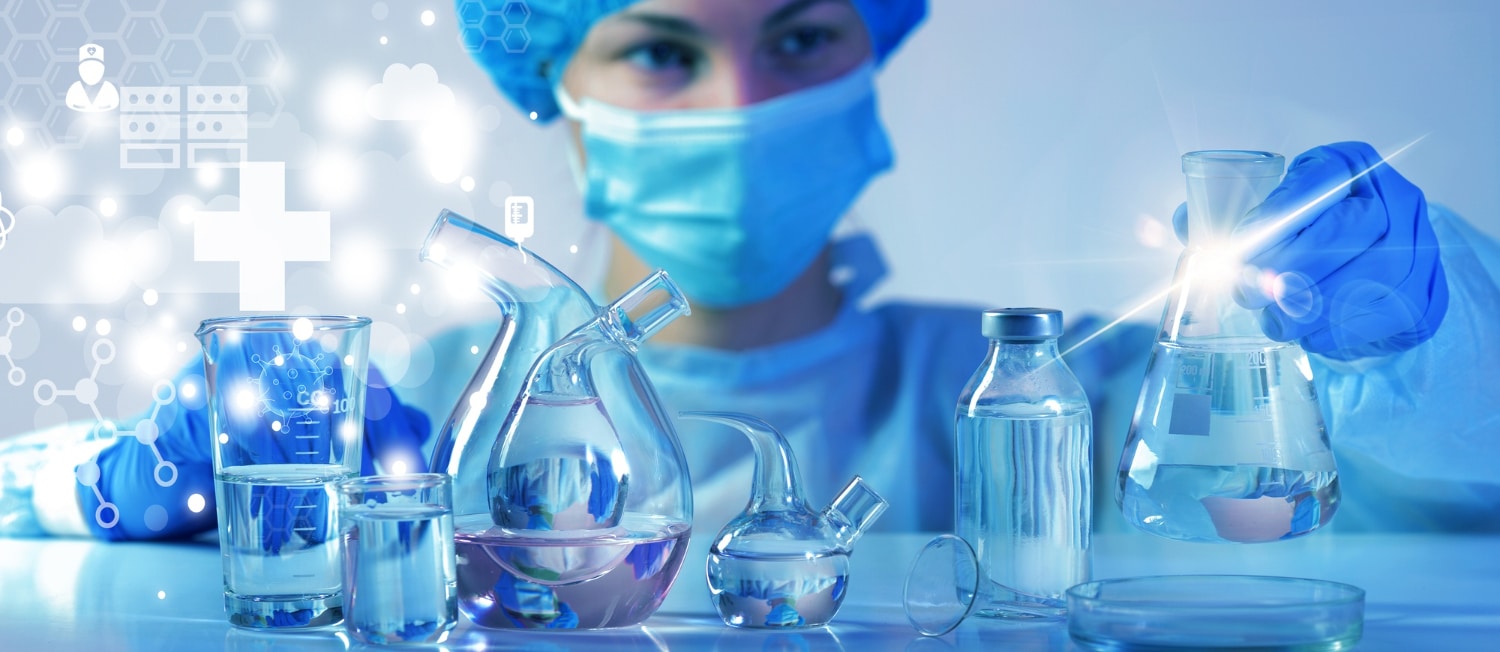Laboratory refrigerators are crucial for scientific experiments and research as they can store samples or specimens in an environment where scientists can control precise temperatures. The primary function of a laboratory refrigerator is to preserve samples, keeping them free from contamination and environmental damage so that high-quality samples can be used in research. With proper refrigeration systems, the integrity of samples can be protected, leading to successful experiments or accurate results. There are many features to consider when choosing a new laboratory refrigerator, and this blog post will focus on six.
1. Capacity and Organization
You must choose a refrigerator that can support your applications in terms of capacity and organization options. The more experiments run in your laboratory, the more samples you are likely to work with. As a result, the refrigerator needs to hold a larger number of samples, vials, and other products. The other important feature is how the samples and containers are organized. Typical considerations include shelves, racks, and drawers and whether these can be removed or adjusted to suit various items.
2. Control System
Control systems are crucial to any refrigeration system, and having a user-friendly interface that enables users to quickly and easily manage temperatures, lighting, alarms, and other settings is important for process efficiency. Many control systems can be connected to a network for data transfer or remote control options, so these options must be considered. To protect valuable samples, systems can be fitted with alarms that notify users of temperature changes or open doors, air filtration systems, and locking mechanisms.
3. Durability and Maintenance
Various components contribute to the excellent durability and proper maintenance of a laboratory refrigerator, which are vital factors in maintaining high-quality samples. A heavy-duty door, corrosion-resistant interior, and suitable systems ensure that a refrigerator has a long lifespan by protecting equipment from chemical attacks, maintaining consistent temperatures, and reducing the risk of doors being left open. Maintenance is also essential to ensure the equipment and systems are working correctly and safely, which helps prevent contamination or damage to samples.
4. Energy-efficient Lighting
The lighting used in laboratory refrigerators must be energy efficient and must not emit heat because this will damage samples and the internal refrigeration environment. LED lighting is a common choice because it is durable, energy-efficient, and does not emit much heat. Aside from protecting samples, using energy-efficient lab components can help reduce energy bills and greenhouse gas emissions.
5. High-quality Components
Laboratory refrigerators and their components must be made with high-quality components to keep samples safe and prevent contamination, damage, or other issues. The internal shelves, cooling coils, and handles must be corrosion-resistant and easy to clean, and all equipment must meet regulatory health and safety standards.
6. Powerful Refrigeration
A powerful refrigeration system is crucial for a laboratory refrigerator because it will help maintain consistent temperatures and enable rapid temperature recovery if doors are left open or a power failure. A powerful refrigeration system is vital to preserving the integrity of samples and ensuring they are suitable for their intended applications.
ARES Scientific
ARES Scientific provides a wide range of scientific equipment for companies across the world. We work closely with our clients to ensure they receive the most suitable and environmentally friendly equipment for their applications, as well as offer on-site training and end-to-end support if required.
Contact a member of ARES Scientific today to learn more about our laboratory refrigerators and the key features integral to their high performance.


